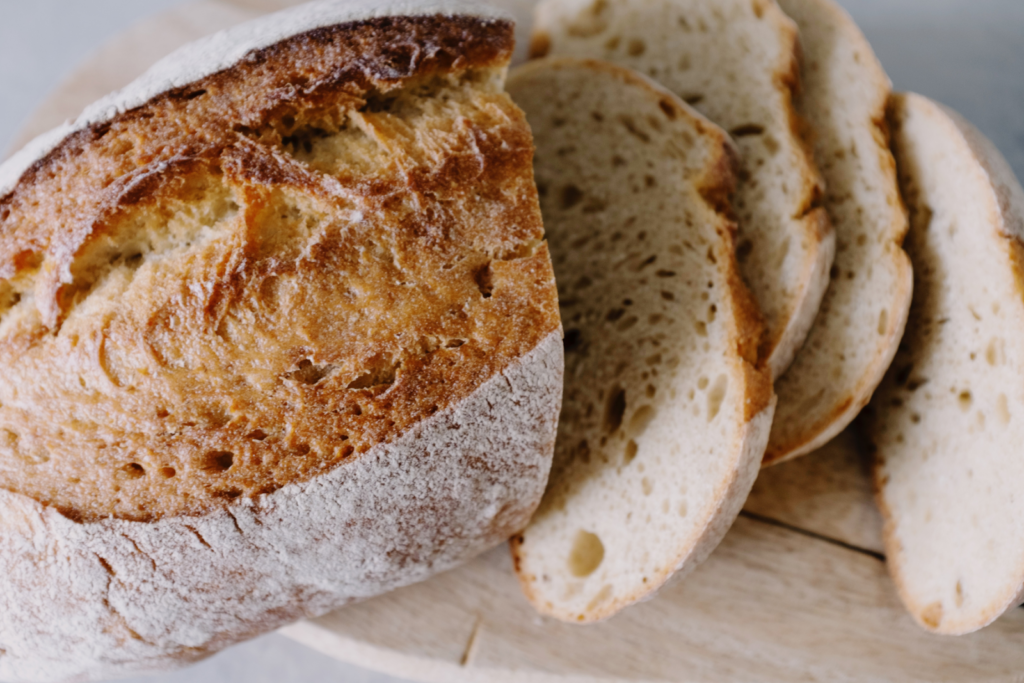In brief
- Starting August 2023, non-organic wheat flour gets folic acid added.
- Minister Ayesha Verrall’s 2021 policy announcement aimed to reduce birth defects through folic acid fortification.
- Opponents argue synthetic folic acid used for fortification is not the same as naturally occurring folates and may cause health problems.
- This is another central government choice being made for the people.
Mandates to add folic acid are now on processed flour

Starting in August 2023, non-organic wheat flour used in bread-making across NZ will be modified with folic acid. Synthetic vitamin b9, aka folic acid, replicates naturally occurring folates found in foods such as eggs, spinach, and liver. It is intended to compensate for nutrients lost during milling. The word folate comes from the Latin root ‘folium, which means leaf.
The policy was announced in 2021 by Ayesha Verrall, then Minister for Food Safety. Verrall claimed it would help prevent neural tube defects in pregnant women.
Inadequate folic intake is a leading cause of neural tube defects, which can result in conditions such as spina bifida in babies. Children may also suffer seizures, blindness and other serious conditions if folate deficient.
In adults, folate deficiency may result in anaemia, behavioural disorders, and cardiovascular issues.
On the other hand, too much folic acid may cause a ‘functional folate deficiency’. This could lead to mental decline in adults, intellectual and immune deficiencies, as well as cancer.
Opposition to synthetic folic acid use
Baking New Zealand president Bernie Surgrue says the amount of bread pregnant women would need to eat in order for the folic acid additive to make a difference would be “quite a lot”.
Others claim the decision to use synthetic folic acid was based only on rat testing. But rodent physiology metabolises the folic acid in a way that humans can’t. Humans generally have no issue processing naturally occurring folates.
“While folic acid looks similar to natural folate, it is not close enough,” says Dr Ben Lynch.
More unnecessary regulation?
Is this another central control decision that is not necessarily needed? Fortunately, for those who like choice, this directive can be avoided with organic flour. That is much easier, or at least less expensive, than taking unwanted fluoride out of your water supply.
History: Synthetic compound mandated into the bread
The idea of folic acid fortification dates back to a 1997 National Nutrition survey. It found New Zealand women aged 25-44 were consuming a median daily folate intake of 213 micrograms, well below the recommended 400 micrograms per day for women planning pregnancies and 600 micrograms per day for pregnant women.
Experts recommended that women in these stages supplement with an 800 micrograms folic acid tablet daily for four weeks before and 12 weeks after conception. Interestingly, this supplementation was still advised even if individuals consumed fortified bread.
In 2007, the New Zealand Food Safety Authority decided to require the fortification of bread with folic acid, except for organic bread. The set level was 80-180 micrograms of folic acid per 100 grams of bread.
Proponents say dozens of countries with mandatory fortification have been effective in curbing defects among infants without widespread adverse effects being noted.





















